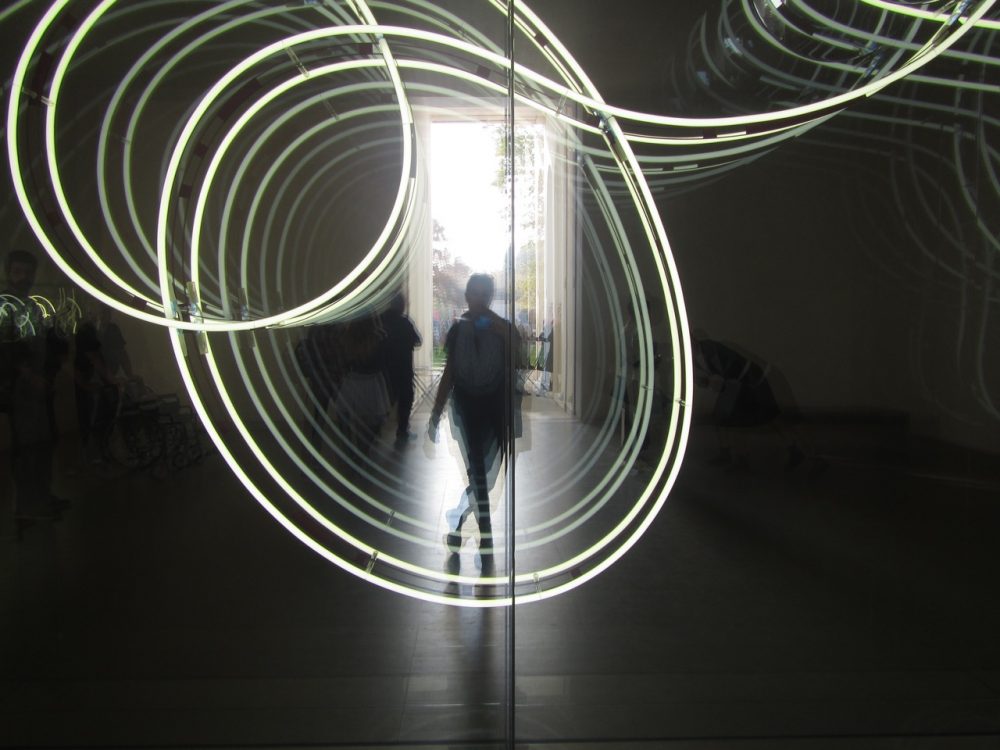What Role Does Intuition Play?

Intuition. Going with your gut. We talk about it, but we have a tendency to discount and dismiss intuition—why? Possibly because it is the opposite of everything we value in the race to the next thing—science, technology, automation, metrics, proof of concept, the ability to replicate processes and outcomes.
“Perhaps our distrust of intuition has something to do with being comfortable or uncomfortable. We are comfortable with facts and uncomfortable with uncertainty.”
Possibly because it is seen as a feminine trait that your mother or grandmother had. And, as much as I would like to think that feminine traits are valued equal to masculine traits, we know it isn’t true. What if you could learn to “trust your intuition,” as mother and grandmother always said. And to extend that trust to others as well. There is nothing more comfortable than having a solid feeling of trust in someone or in someone else believing and trusting in you. It somehow brings out the best in us, whether we are receiving or giving.
“When we label intuition as emotional intelligence, it suddenly becomes easier to feel comfortable within the context of our collective values today.”
Intuition is based on all of the primary tools of navigation we use as designers and as humans—sight, pattern recognition, reason, experience, taste, smell, fantasy, reality. Intuition is a tool that we could well use if we took the time to understand it, strip out our biases and tap into the unique combination of knowledge and experience that lies beneath the surface. Rather than a world of replication, intuition allows us to think beyond to new ideas and to create new experiences that are innately human to aid in communication and connection.

